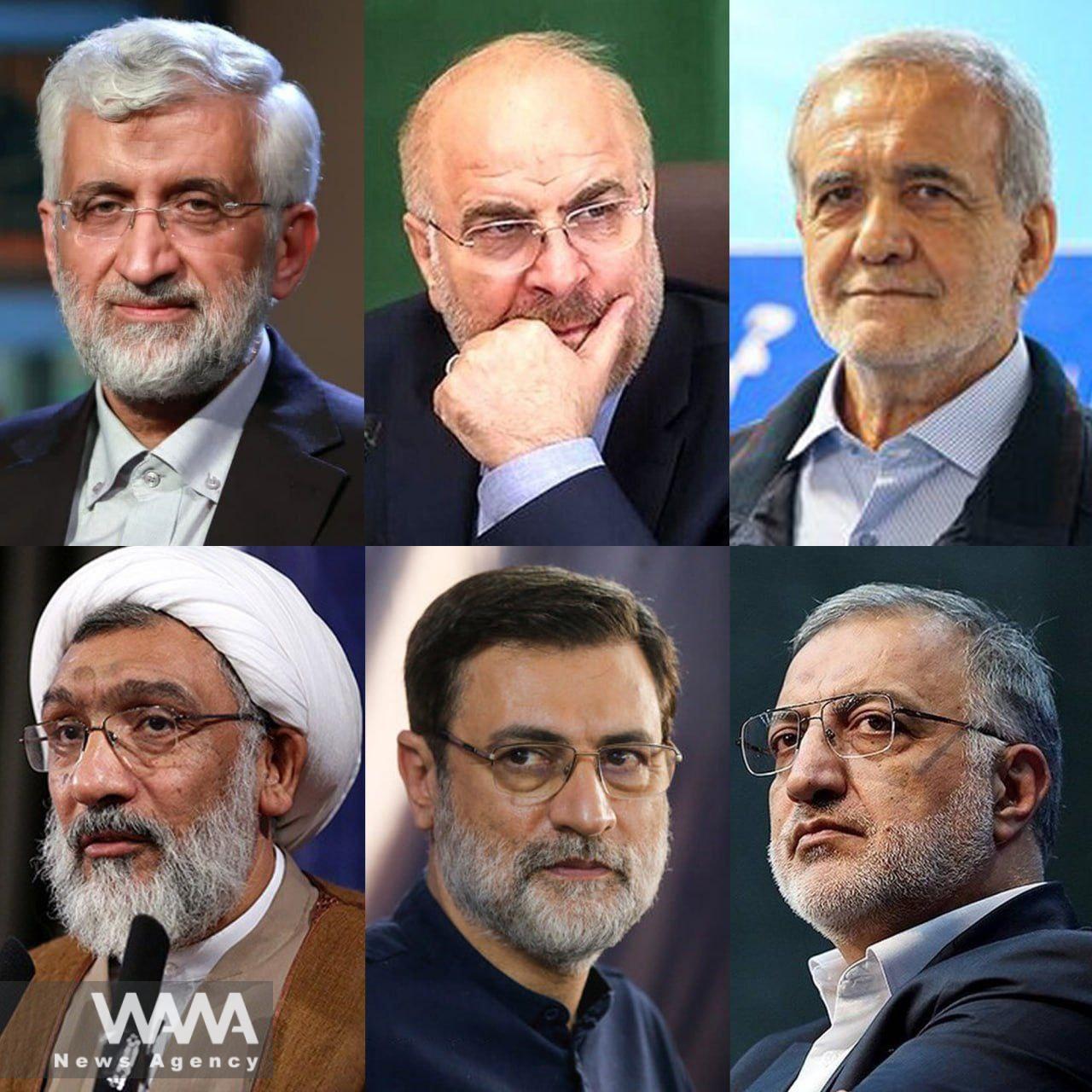Iran’s Presidential Elections: Candidates Outline Strategies for Future Administration
WANA (June 17) As momentum builds for Iran’s presidential election slated for June 28, candidates are engaged in hectic campaigning, leaving no stone unturned to impress the electorate. They have presented their ambitious programs while facing probing questions from the media and the Iranian public. They have shed light on their blueprints concerning key areas such as the economy, culture, and foreign policy. Their primary concern is to bolster the global stature of the Islamic Republic and enhance the quality of life for the Iranian populace under their potential leadership.
Saeed Jalili, in his latest interviews, stressed the importance of leveraging what he calls “global opportunities” to mitigate threats against the country. He advocates for a “pragmatic approach” in foreign relations to improve economic growth, which he believes can be achieved by expanding ties with neighbors. According to Jalili, his future government would prioritize relations with South America, Africa, and all nations across the globe except what some have termed the “collective West.”
Mohammad Baqer Ghalibaf shares a similar approach to foreign policy, emphasizing using small and medium-sized enterprises to remove sanctions. The Speaker of the Parliament highlights Iran’s rich resources and insists that these capabilities should be used to maximize power. He also stresses the importance of strengthening the “Axis of Resistance” and ensuring stability in West Asia. Ghalibaf rejects the presence of foreign powers in the region and advocates for improved relations with neighboring countries. Other conservative candidates also seek improved ties with neighbors and a greater focus on relations with the Global South.

WANA – Presidential Candidates
This approach, however, is challenged by reformists and their candidate, Masoud Pezeshkian. He believes the government must advocate a foreign policy rooted in “diplomacy and dialogue” while engaging with all global actors. Emphasizing the power of conversation as a bridge to foster understanding and cooperation, he promotes a narrative of dialogue in regional and international interaction.
The economy is one of the main topics discussed by the candidates. Mohammad Baqer Ghalibaf has faced a barrage of inquiries in recent interviews but has deftly navigated the interrogation with precise responses that leave no room for ambiguity. When challenged on the feasibility of his proposed initiatives, the seasoned statesman invoked his past achievements as a “guarantor” of his future success, emphasizing the imperative of “curbing inflation and fostering economic growth” as pivotal parts of his governance agenda.
When asked about the economy and other vital fields, Pezeshkian has repeatedly stated that he is not an expert but will choose specialists as ministers. Controlling inflation and prohibiting spontaneous decisions by different ministries are his top priorities.
Attracting foreign direct investment and preventing youth emigration to developed countries are also crucial for him. In contrast, Jalili claims to be an expert and believes that a president should be aware of plans and strategies. He argues that selling oil is not the only way to improve the living conditions of Iranians and that his government will seek other revenue sources.
Jalili criticizes U.S. sanctions against Tehran, stating that “those who claim to pursue a free market” have sanctioned Iran. He insists that a better life for Iranians should not be tied to the lifting of sanctions and that his government will seek other reliable partners to boost the country’s economy.
By WANA Writer












